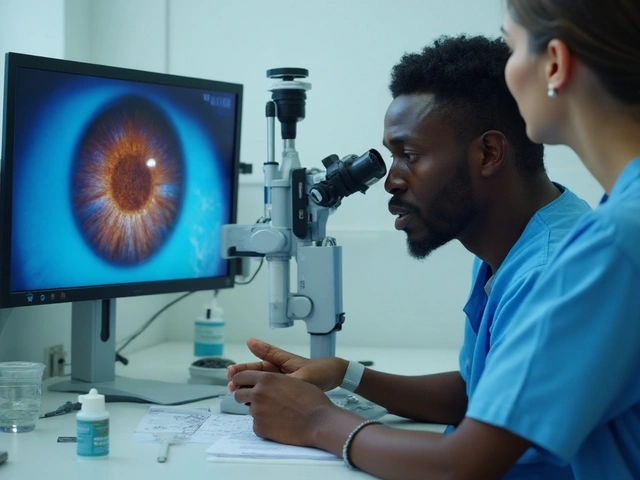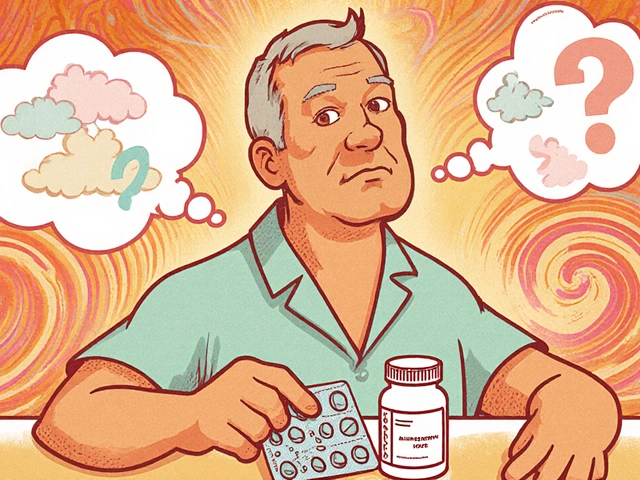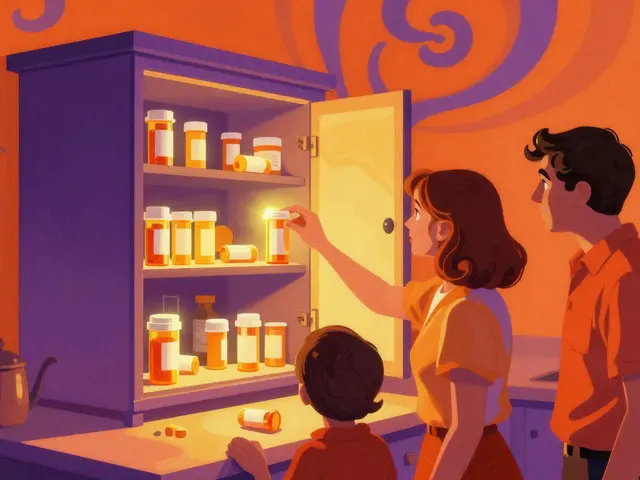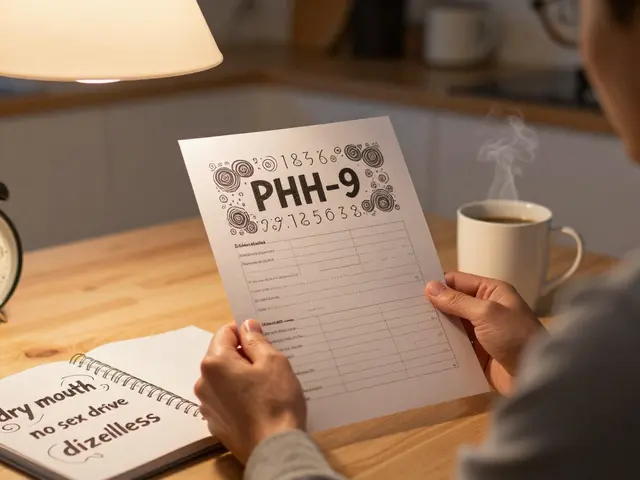
Malaria Drug Resistance – What It Means and How to Fight It
If you’ve ever heard the phrase “drug‑resistant malaria,” you probably wondered what the heck it actually means. In plain terms, it’s when the malaria parasite learns to survive medicines that used to kill it. The result? Infections that are harder to treat, longer illnesses, and a bigger risk of severe complications.
Why does this happen? Every time a patient takes an antimalarial, the drug puts pressure on the parasites. Most of them die, but a few with tiny genetic tweaks survive. Those survivors multiply and spread, and over time whole regions can end up with parasites that ignore the drug altogether. This isn’t a new story – chloroquine, once the go‑to treatment, lost its power in many parts of Africa and Asia because of resistance.
How Resistance Happens
Resistance isn’t magic; it’s a simple biology lesson. The malaria parasite (Plasmodium falciparum is the worst offender) can change its DNA. When a drug targets a specific protein, a mutation that changes that protein can make the drug less effective. For example, mutations in the PfCRT gene let the parasite pump chloroquine out of its cells, rendering the drug useless.
Another way resistance spreads is through “drug pressure.” If someone skips doses, takes a lower amount than prescribed, or uses counterfeit pills, the parasite isn’t fully killed. Those partially exposed parasites get a chance to adapt. This is why it’s crucial to follow the exact dosage and buy medicines from reputable sources – like the NHS‑approved pharmacies we recommend at First Pharmacy UK.
Travel also fuels the problem. People moving from low‑resistance to high‑resistance areas can bring back resistant strains, mixing them into new populations. That’s why regional surveillance and updated treatment guidelines matter so much.
What You Can Do Today
First, protect yourself before you travel. Use insect‑repellent, wear long sleeves, and sleep under an impregnated net. These steps cut the chance of getting bitten – the easiest way to avoid any malaria, resistant or not.
Second, if you do get malaria, get a proper diagnosis and follow the prescribed treatment exactly. Don’t gamble on old leftovers or cheap online copies. In the UK, the NHS provides the latest first‑line therapies like artemisinin‑based combination treatments (ACTs), which are still effective against most resistant strains.
Third, stay informed. Resistance patterns change yearly, and health authorities update their advice. Check reliable sources – the WHO, NHS, or trusted sites like First Pharmacy UK – for the current recommended drug in the country you’re visiting.
Finally, support community efforts. In malaria‑endemic regions, programs that distribute quality‑tested nets and ensure proper drug use cut resistance rates. Even a small donation or raising awareness can make a difference.
Bottom line: drug‑resistant malaria is a growing challenge, but you can stay ahead by using prevention tools, taking medicines correctly, and keeping up with the latest guidance. When you combine personal vigilance with trustworthy pharmacy advice, you protect yourself and help slow the spread of resistance worldwide.
-
9 Aug






